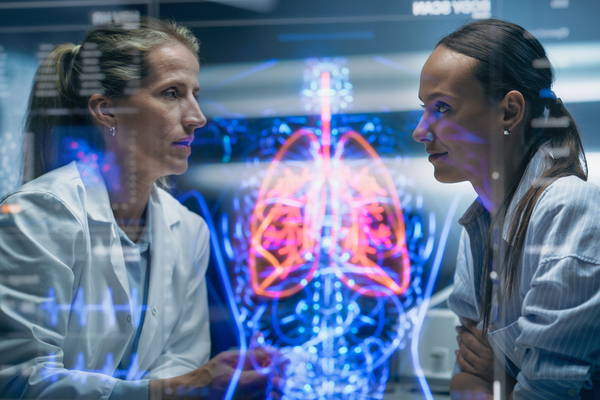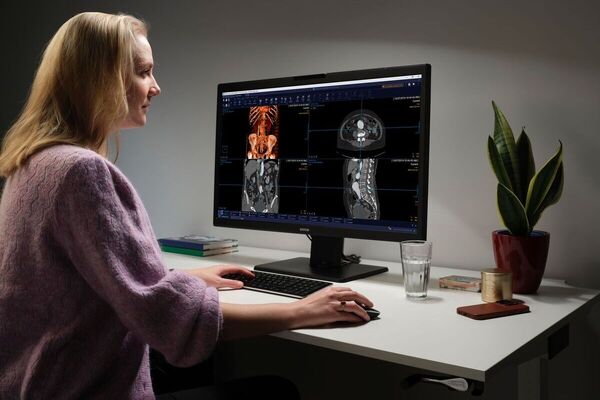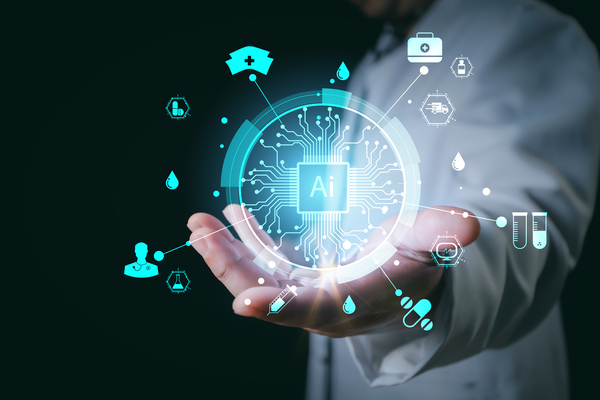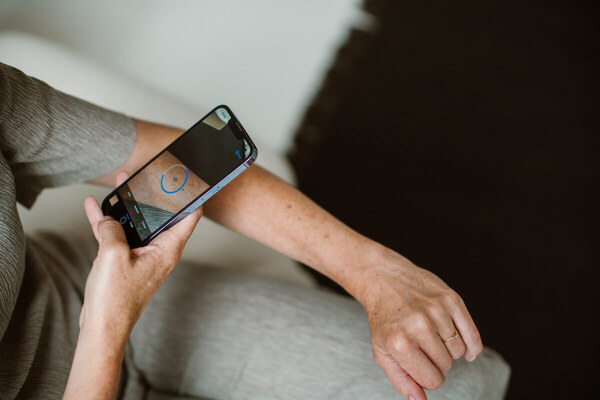Addressing current healthcare delivery challenges
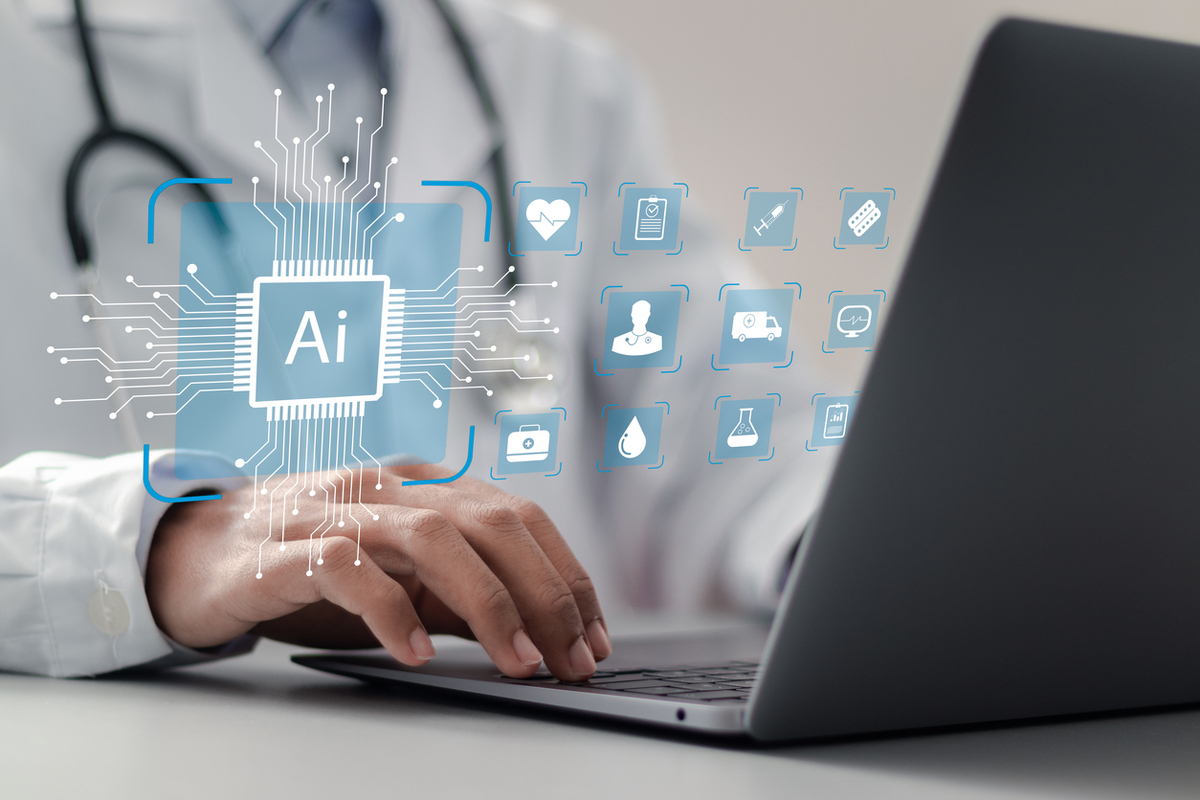
Much of the discussion of technological advancements in healthcare concerns demands on its delivery. Whether it is establishing a new patient-led healthcare strategy, making better use of the tools available to the healthcare system, improving detection and diagnosis or easing the pressure on clinical services and hospitals, technology is pivotal to improving outcomes for patients.
However, identifying which technological innovations will be particularly impactful in meeting these challenges is another issue entirely. The technology industry is very quickly responding to emergent demands across a wide variety of applications – particularly diagnosis and treatment – on a level that is not possible to capture entirely. However, there are particular sectors that are paving the way for significant impact.
Advancements in AI for healthcare
The prevalence and proliferation of artificial intelligence (AI) technologies cannot be overlooked. This technology encompasses the computational or mathematical approaches to problem solving that would require human intelligence. There has been resistance to implementation reported, from concerns about cost to how it should be used, but future benefits are likely – from improving healthcare delivery and diagnosis to identifying emerging challenges or diseases. Nevertheless, future implementation of AI will require close collaboration between developers and healthcare providers.
The growth of large-capacity computing capabilities, specifically quantum computing, will have a significant impact on healthcare delivery. Quantum computing allows the processing of vast and complex datasets at high speeds; according to a recent Nature Medicine feature, both the UK’s National Health Service (NHS) and clinical providers in the USA are investigating its potential for significantly improving healthcare delivery and outcomes.
Although quantum computing is in its early stages, the idea is that, over time, there will be a range of capabilities at clinicians’ disposal, including the rapid identification of health risk factors in populations around the world, recognition of disease and the optimisation of medication production and dissemination.
One key advantage of AI or quantum computing technologies might be an early warning of a potential pandemic, or at least the identification of a suitable preparation strategy. There will also likely be further administrative advantages to advanced computing, for example in terms of processing large quantities of patient information, which is especially significant given the size and complexity of a healthcare system such as the NHS.
The role of manufacturing and robotics
Advanced manufacturing will also play a big part in the provision of future healthcare solutions in the coming years. Notable developments include the additive manufacturing of both organic and inorganic materials. For example, the use of 3D printing is being investigated for a new generation of highly accurate biomedical devices, including imaging systems and implantable products such as knee or hip replacements.
Additive manufacturing can also be used to synthesise medicines tailored to the treatment of specific diseases or conditions, enabling the rapid production of large quantities of medications in response to emerging healthcare challenges, or to combat sudden disasters or pandemics. Additive manufacturing could also promote further developments in other areas of advanced manufacturing, including the miniaturisation of technologies used in the latest generation of wearables and bespoke diagnostic systems. This trend will likely continue to feature prominently in healthcare technologies, but there have also been interesting studies into other developments, such as organs-on-chips, which contain engineered tissues.
Robotics is another example of a transformative technology that spans several operational or application spaces. Robotic platforms can be used in the manufacturing industry for the mass production of complex systems and structures. However, in the coming years, they will likely feature more prominently in the delivery of high-value healthcare, including surgery and treatment.
One such example is the da Vinci surgical system, whose operation is still controlled by a clinician, but where the achievable control is greater than that which could be produced by a human. These robots can support the instruments required to conduct the procedure, whether it be surgery or another process such as diagnosis. The potential for robotic platforms to achieve faster patient recovery times and less peripheral damage to surrounding tissues has been reported. It is likely that robot-assisted approaches will continue to develop to deliver tailored treatments to patients, and to ease burdens on clinicians.
Looking ahead
The acceleration towards a technological revolution in healthcare delivery is already underway. However, challenges remain. Some of these are technological or financial; others are the result of a lack of available skills or a general resistance to adopt new technology. It is the responsibility of policymakers, developers, academia and industry to ensure that the communication of these developments is as transparent and plain as possible, so they can be more smoothly implemented for the greater benefit of society.

Dr Andrew Feeney is Senior Lecturer in the James Watt School of Engineering, University of Glasgow, UK, with a research portfolio across ultrasonics and acoustics for a variety of medical applications including surgery and imaging. He is a member of both the IMechE and IEEE.

Business Reporter Team
You may also like
Most Viewed
Winston House, 3rd Floor, Units 306-309, 2-4 Dollis Park, London, N3 1HF
23-29 Hendon Lane, London, N3 1RT
020 8349 4363
© 2025, Lyonsdown Limited. Business Reporter® is a registered trademark of Lyonsdown Ltd. VAT registration number: 830519543
